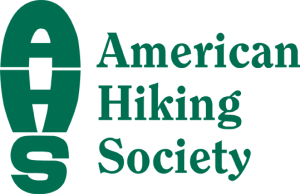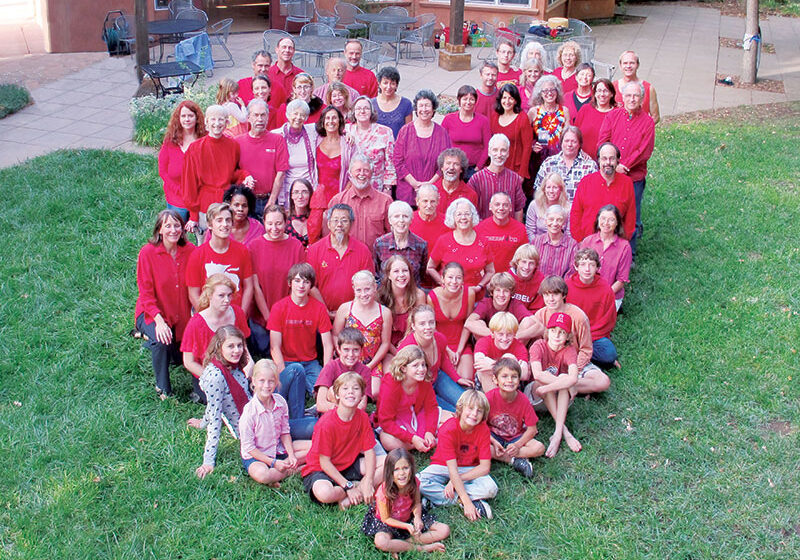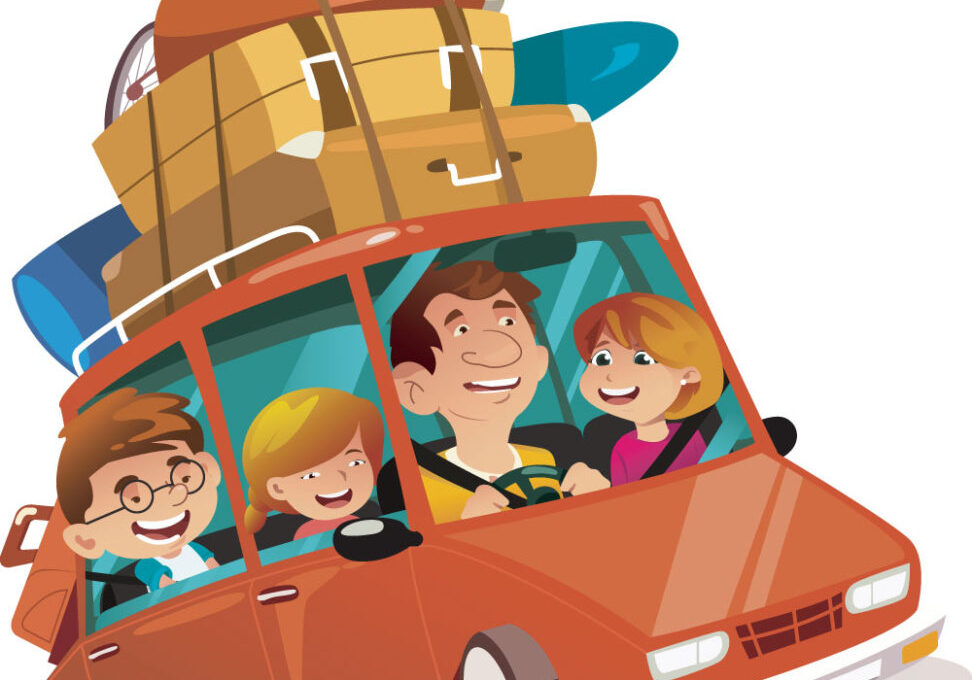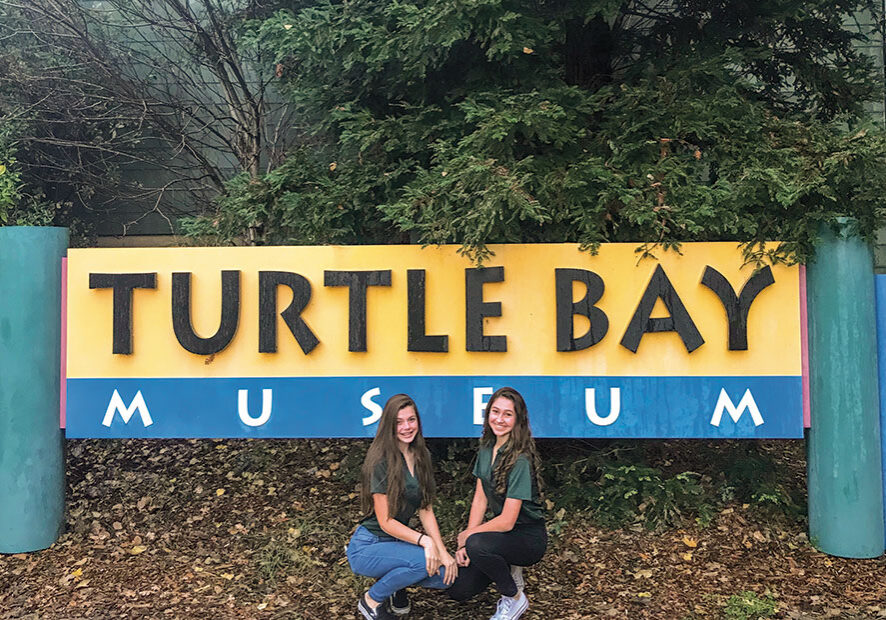#1 Rule: Always, always practice social distancing and follow the guidelines of your local government or the federal Centers for Disease Control (CDC), whichever are more restrictive.

Published by: American Hiking Society Link to original article
Unlike during and after natural disasters, outside is actually a great and safe place to be right now … if you follow the guidelines below. Being responsible outdoors during the COVID-19 pandemic is something we can all come together, as a community, to do.
How strict do I need to be about social distancing?
The short answer is: very (if your livelihood allows it). Social distancing isn’t just about protecting yourself, it’s about protecting those at highest risk of contracting COVID-19 and succumbing to extreme symptoms. It’s also about protecting healthcare and essential services workers. The quicker and better we do it, the sooner we “flatten the curve” and are able to resume normal, daily life.
What this means for all of us is:
- Only spend time with people within your household. Even if other friends have also been self-quarantining, chances are, they (and you) have still had to go to the grocery store, get some gas, etc., so there is always a chance they (or you) have contracted the virus.
- When you do spend time outside or need to run an essential errand, stay within your neighborhood if at all possible, always stay 6 feet away from anyone else, and, as much as possible, sterilize anything you touch before you touch it (and wash your hands afterward).
- If you are sick, stay in your home and, if at all possible, ask others to run your essential errands or order delivery.
Is it safe to go outside during the COVID-19 pandemic?
Yes, spending some time outdoors every day (we recommend at least 10 minutes) is an excellent way to take care of your mental and physical health always, especially now. That said, there are multiple reasons (see below) why you may need to restrict your activity to a walk or run in your neighborhood, or playing in your own yard if you have one.
What if my location has a shelter-in-place rule?
Under such conditions, you are still usually allowed to walk your dog or take a walk or run in your neighborhood, as long as you practice social distancing the whole time. But please always double-check the restrictions from your local government first.

Jennifer Birdie Shawker
What about taking my kids to the playground?
We don’t recommend doing that. The virus can live on steel playground equipment for up to 48 hours (longer on plastic), and we all know it’s not possible to sterilize a whole playground nor to keep our kids from touching their faces before their hands get washed. This is a tough one, we know, especially with younger children. Note that many local governments are closing playgrounds or asking people not to use them.
What about picnicking and camping?
As long as you can practice social distancing, only bring members of your own household, avoid places where people typically gather (e.g., a picnic table could easily have the virus on it), do not have to run any errands specific to the activity (because those would not be considered essential errands), and are using a space that is legal, open, and not crowded, then it can be fine. Even if a campground or picnic site is open, and tents are spaced far from each other (or you’re using a blanket on the ground to picnic), if you’d be using shared restrooms or other facilities, then avoid it.
Can I just go escape to a small town somewhere near my favorite hiking spots?
Definitely not. It is not possible to practice social distancing if you travel. From public restrooms to gas stations to food and supply runs, you will be coming in constant, needless contact with surfaces that others have touched and will touch. And if you’re sick already and don’t yet know it, you’ll be spreading it far past your household. Besides, small towns cannot absorb and deal with an outbreak the way that larger population centers can — you’d be negligently endangering their lives and their fragile economy — and many of these towns might be under quarantine already.
What about visiting National Parks, National Monuments, Wildlife Preserves, etc.?
Be aware, across the country, popular sites have closed or have become crowded and overwhelmed with visitors, making social distancing impossible and stressing trails and other infrastructure — in that case, stay away, even if the site is technically still open.
If they are open, not crowded, and within about 50 miles of your home (so that you don’t have to stop for gas, restroom breaks, supplies, etc.), then, yes, visiting such places for a day hike is fine as long as you practice strict social distancing and are following the guidelines of your local government and the federal land manager. However, right now, we can’t risk diverting emergency medical care to wilderness injuries, so we urge that you only take an easy day hike in the front country.

Do I have to stick within my own neighborhood for a hike/walk/run?
The answer depends on several factors.
- Follow whatever the local government guidelines are (every city is under different restrictions right now).
- Stay within about 50 miles of your home so that you can avoid stopping for gas, snacks, restroom breaks, etc., none of which allow for social distancing — running essential errands in your neighborhood is one thing — errands that result from traveling to a hike for fun are not essential.
- Do not carpool with friends or family who are not members of your household.
- Do not hike in any groups other than members of your household.
- Avoid parks or trails that have become crowded, even if the area is officially open. If the parking lot is crowded, there are already too many people there. Turn around and find another location or go home. Not only does crowding make it impossible to follow social distancing, but it puts extra wear and tear on trails and other park infrastructure at a time when volunteer crews cannot be operating. Remember, trails don’t magically appear and stay hikable — that requires a lot of human labor (mostly from volunteers).
Note: We are aware that there are a number of hot spots right now with overcrowding in certain parts of the country, so this is a sensitive issue for people in those areas. Overcrowding is not an issue everywhere, however, so a complete ban on doing any hiking at all would not universally apply.
Where can I find out about trail-related closures and trail event cancelations?
- Check The Trek for park closures that may affect trails.
- For cancelations of events and closures that are related to the National Trail System, see the Partnership for the National Trail System website.
- American Trails has resources on state park impacts.
- The website/social media feed for your local hiking club, Friends of [Trail] group, etc.
- The website/social media feed for your local Parks and Recreation Department (or equivalent).
- Washington Trails Association, Leave No Trace, and Outdoor Alliance have also put together guides for getting outside responsibly during the pandemic.
This all sounds so lonely and a bit depressing — how can I reclaim the joy of being outside during all of this?
We understand. We really do. We’re looking at it this way — it’s an opportunity to better appreciate the nature that is in our neighborhoods, even if it’s just a few trees, squirrels, and birds, surrounded by a lot of concrete with a blue sky above.
Posted in: Community, Digital Only
Comment Policy: All viewpoints are welcome, but comments should remain relevant. Personal attacks, profanity, and aggressive behavior are not allowed. No spam, advertising, or promoting of products/services. Please, only use your real name and limit the amount of links submitted in your comment.
You Might Also Like...

The Women’s Fund: Mobilizing Women in the Redding, CA Area Through Strategic Philanthropy
Hatched in 2009 during the depths of the nationwide financial crisis, The Women’s Fund of Redding probably should have failed. After all, how could a philanthropic organization take flight when […]

Families That Grow Cooperatively – Building A Better Community … One Neighborhood And School At A Time
Sharing … involvement … community building … these are just some of the concepts that come to mind when describing a cooperative enterprise. Cooperative living arrangements and cooperative schooling are […]

Road Trippin’ – Healthy, Kid-Friendly Snacks for the Road
Parents know that a hungry kid equals a cranky kid, and let’s not forget that parents get hungry and cranky, too! Nothing like a car full of “hangry” road trippers […]

Turtle Bay Exploration Park Teen Volunteer Program
Turtle Bay Exploration Park, located in Redding, has long been a favorite family destination in the North State. The non-profit’s 300-acre campus features the world-famous Sundial Bridge, forestry and wildlife […]

